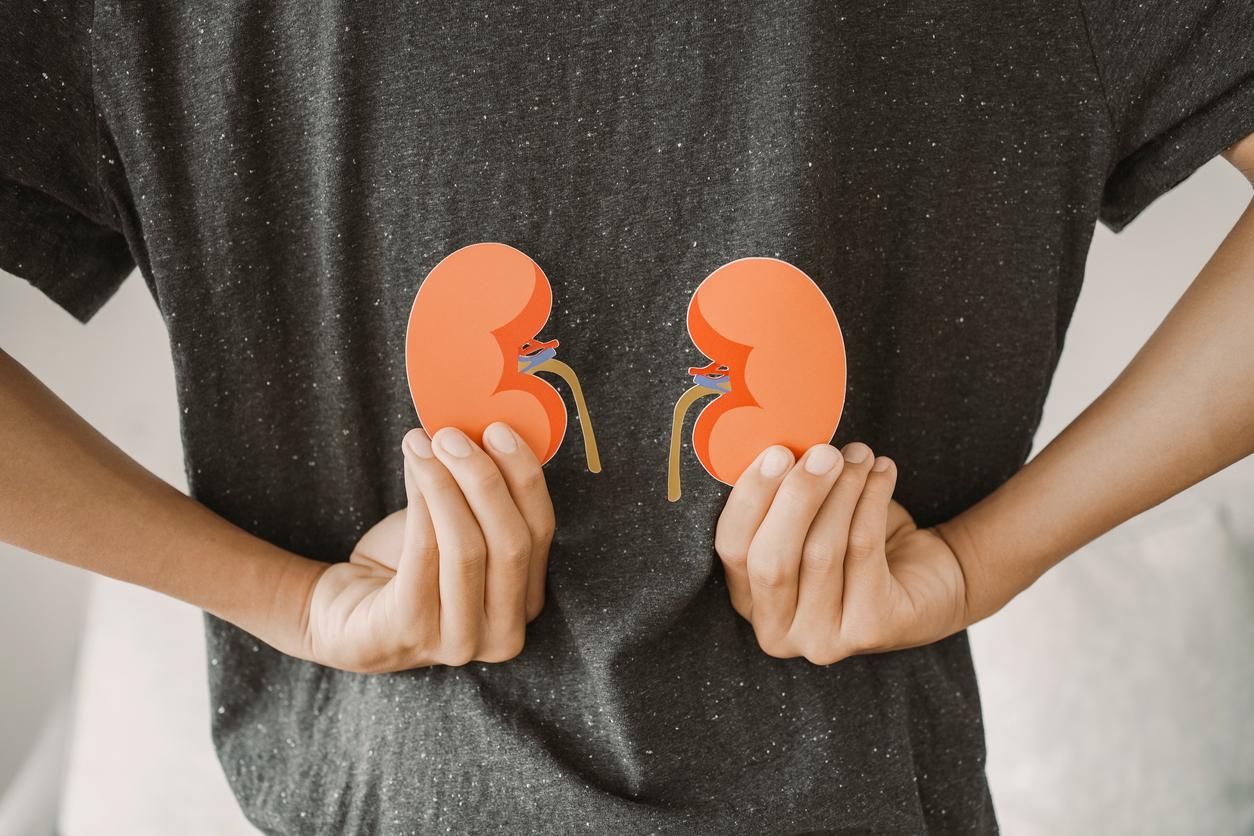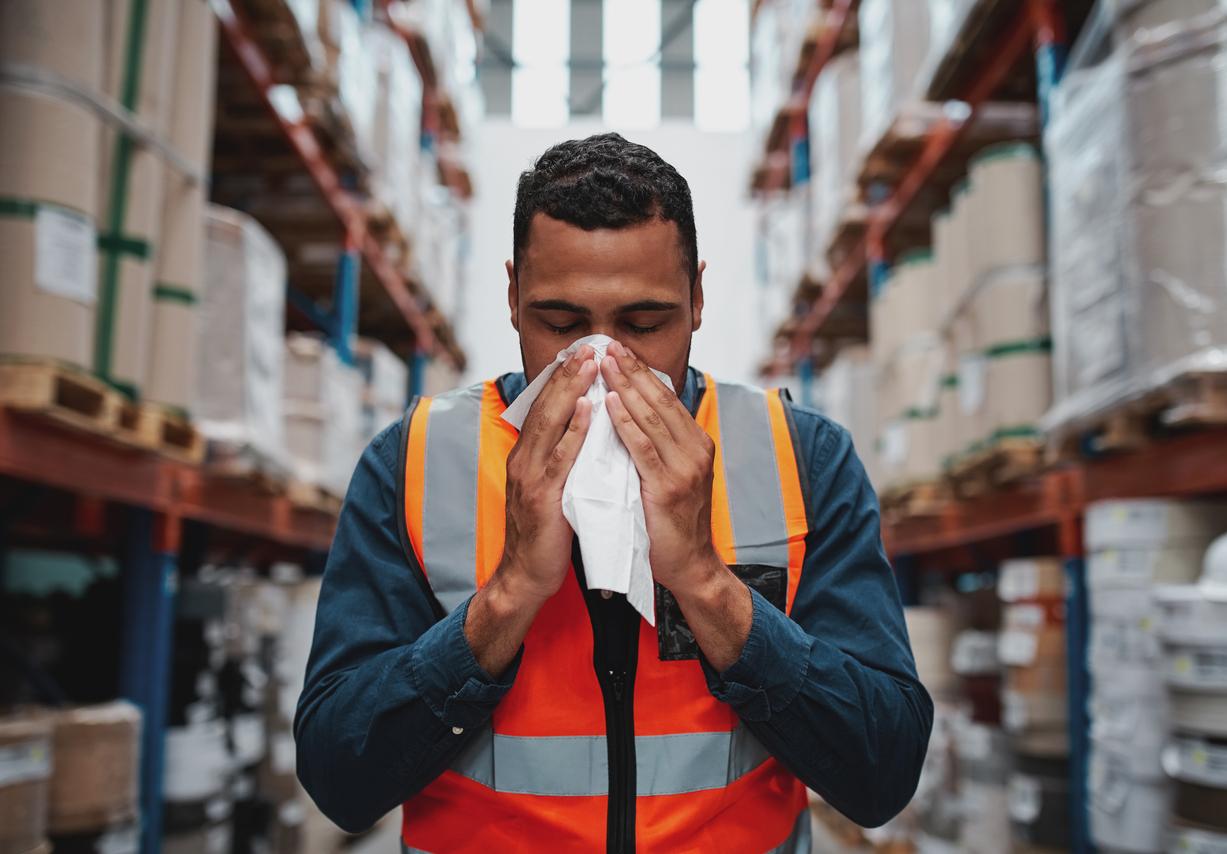According to the National Health Safety Agency, “ultra -training is a concept that remains to be scientifically supported”.

- The consumption of ultra-transformed products is associated with a higher risk of mortality and chronic diseases such as type 2 diabetes, overweight, obesity, cardio-necusal diseases, breast cancer and colorectal cancer .
- In a summary of research published on January 30, ANSES raises that “current food classifications according to their degree of transformation cannot be translated into health risks”.
- She wants new studies to be carried out in order to “better characterize the link between transformation processes and health effects”, but also “to guide public policies in food and nutrition”.
Cookies, industrial prepared dishes, breakfast cereals, nuggets … many studies say that these ultra-transformed products are bad for health, and yet, “ultra -training is a concept that remains to be scientifically supported”, Argues the National Health Security Agency (ANSES) in a summary of research Published this January 30, 2025. According to the French agency, “Current classifications of food according to their degree of transformation cannot be translated into health risks“, So much so that it is not for the time being,”not possible to use them as a nutritional education tool”.
What criteria for talking about ultra-transformed products?
In its analysis, ANSES used the Nova classification, developed by Brazilian researchers, to define what an ultra-transformed product was, because it is “to date the most used in epidemiological studies”.
In this classification, so-called ultra-transformed foods are characterized by “The use of certain transformation processes and by adding so -called cosmetic additives and substances rarely used when preparing meals at home, such as protein isolates or hydrogenated oils”, Details the French agency. “” “These additives and other added substances are used in particular to modify the texture, the taste or facilitate preparation ”she adds before concluding: “In general, this classification is based on the presence of additives and substances without distinction, making its application subjective.»
Diabetes, obesity, breast cancer … several diseases associated with these foods
Thanks to a systematic review of scientific studies published on the subject, ANSES concludes “with a weight of low evidence”, That a person with higher consumption of ultra-transformed products“is associated with a higher risk of mortality and chronic diseases such as type 2 diabetes, overweight, obesity, cardio-necusal diseases, breast cancer and colorectal cancer”.
What is the link between chronic diseases and ultra-transformed products?
The French agency formulates two hypotheses to explain the potential link between the consumption of ultra-transformed products and health risks:
-“The formulation of these foods often designed to be practical and appetizing, and the circumstances of their consumption (fast food, in front of a screen, in transport, etc.) promote excessive food intake”;
-“Food transformation processes can lead to the formation of new substances, called neoflemed substances, or some are potentially harmful and may cause interactions”.
ANSES therefore calls for studying these hypotheses in order to “to better characterize the link between transformation processes and health effects“, But also”to guide public food and nutrition policies”.

















